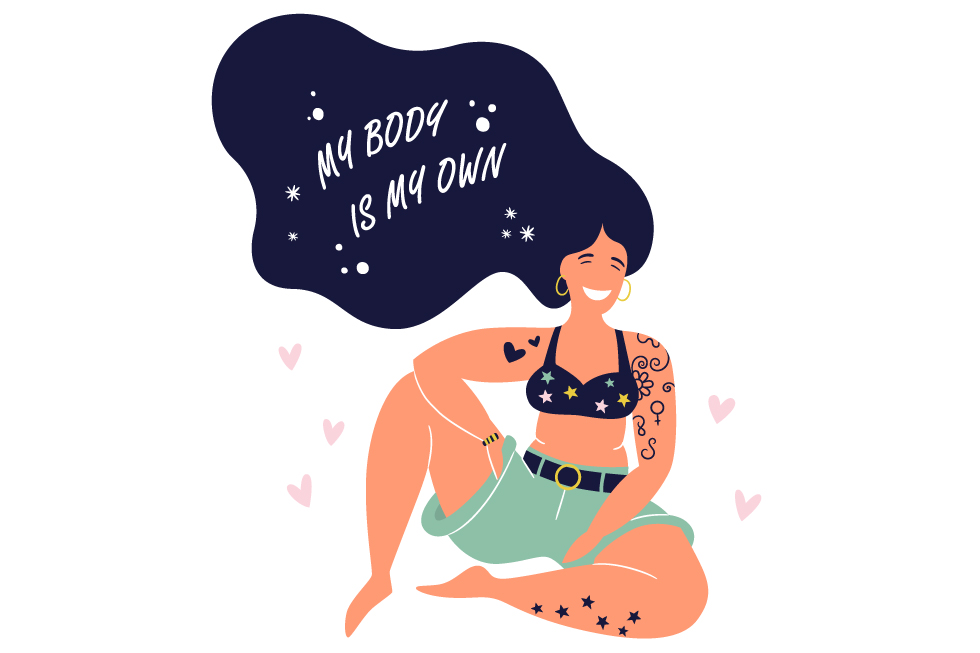Over the past forty years, women in several countries have quoted the slogan cried out by feminists in the seventies (“My uterus, my choice”) to claim their bodily rights and their freedoms within the limits imposed by the law, including the right to abortion (often denied), contraception and even the most basic principles of self-determination.
However, a recently disclosed United Nations report reveals that there is still much to be done. How many women in the world can freely affirm “my body is my own”? This question is the focal point of the report published last April by the United Nations Population Fund (UNFPA) called
“My body is my own. Claiming the right to autonomy and self-determination”.
The report explains that millions of women “are deprived of their self-determination rights, including refusing to have sexual intercourse, choosing who to marry, deciding when to have a child or resorting to healthcare services any time they need it”. And yet, as the study points out, being able to safely affirm that “my body is my own” is the cornerstone “of a dignified and independent life”.
One of the major causes of this lack of autonomy is gender discrimination, “which reflects and perpetuates the patriarchal power system”. When social norms are sexist, women’s bodies “become objects controlled by others”, such as the partner, the family, the government or the laws. Many women are denied self-determination rights because of their ethnic ancestry, their gender, their sexual orientation, their age or their disability.
According to the report, the data gathered so far in 57 countries – most of which are in sub-Saharan Africa – show that only 55% of women are fully empowered to make choices over healthcare, contraception and have the ability to say yes or no to sex. In Mali, Niger and Senegal over 90% of women are deprived of their physical autonomy.
Bodily autonomy and physical integrity rights can be denied in a number of ways: child or forced marriage, rape and female genital mutilation, refusal of acknowledging women’s financial independence, patrilineal inheritance systems, educational systems that don’t include sexual education.
According to the latest estimates, 650 million women in the world got married before they turned 18 and every year 12 million girls get married before reaching adulthood. Dowries can cause abuse and violence: every year, in India alone, some eight thousand women are killed because no dowry is paid. Forty-three countries have no laws on marital rape; twenty countries have a shotgun wedding law. And over thirty countries limit women’s right to freely leave the house.
On average, in the whole world and despite the due constitutional guarantees of parity that formally exist in many countries, women enjoy 75% of men’s rights. Bottom line: there is still a lot to be done.

Recent Comments